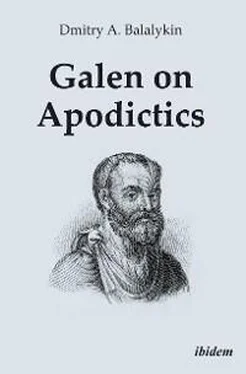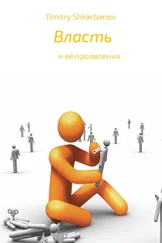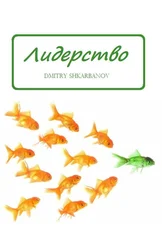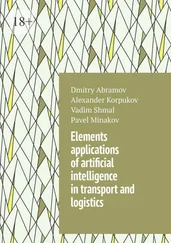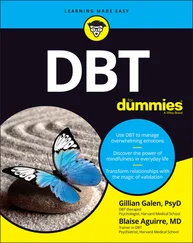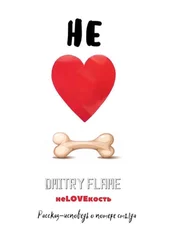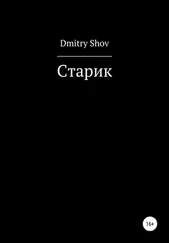1Borodulin, V.I., History of Russian medicine. Clinical practice of internal diseases in the second half of the 19th century–first half of the 20th century (Moscow: MedPress, 2011), 140. (In Russ.)
2Russell, B., Dictionary of Mind, Matter and Morals (New York: Carol Publishing Group, 1993), 290.
3Comte-Sponville, A., Philosophical Dictionary (Barcelona: Paidos Iberica Ediciones S A, 2003), 576.
4Popper, K.R., Conjectures and refutations. The growth of scientific knowledge (London: Routledge and K. Paul, 1989).
5See: Stepin, V.S., Chelovecheskoe poznanie i kultura [ Human cognition and culture ] (Saint Petersburg: SPbGUP, 2013), 96-97. (In Russ.); Stepin, V.S., Filosofiya nauki. Obshchie problemy ( Philosophy of science. Common problems ) (Moscow: Gardariki, 2006), 134–135. (In Russ.)
6See: Lloyd, G.E.R., “Experiment in early Greek philosophy and medicine”, in Proceeding of the Cambridge Philological Society (Cambridge: Cambridge University Press: 1964), 50-72; Lloyd, G.E.R., Magic, Reason and Experience. Studies in the Origin and Development of Greek Science (Cambridge: Cambridge University Press, 1979).
7Jouanna, J., Hippocrates (Medicine and Culture) (Baltimore, London: The John Hopkins University Press, 2001).
8For more, I strongly recommend: Nutton, V., “Galen of Pergamum”. Farrago . 5 (1969): 5–9; Nutton, V., Galen’s library. Galen and the World of Knowledge , eds. Gill, C., Whitmarsh, T., Wilkins, J. (Cambridge: Cambridge University Press, 2009), 19‒34; Nutton, V., The fortunes of Galen. The Cambridge Companion to Galen , ed. Hankinson, R.J. (Cambridge: Cambridge University Press, 2008), 355–390; Nutton, V., God, Galen, and the depaganisation of ancient medicine. Religion and medicine in the Middle Ages , eds. Biller, P. and Ziegler, J. (York: York Medieval Press, 2001), 15–32; Nutton, V., “The Fatal Embrace: Galen and the History of Ancient Medicine”, in Science in Context 18 (1) (2005): 111–121; Nutton, V., “Roman medicine, 250 BC to AD 200”, in The Western Medical Tradition: 800 B.C.-1800 A.D. , ed Conrad, L.I., et. al. (Cambridge: Cambridge University Press, 1995), 39–70; Nutton, V., Bos, G., Galen: On Problematical Movements (Cambridge: Cambridge University Press, 2015).
9Kuhn, T., The Structure of Scientific Revolutions (Chicago: The University of Chicago Press, 1962).
10For example, such authors as P. Feyerabend, H. Putnam, and others.
11For instance, the author of these lines holds this view with respect to certain clinical cases described in Galen’s work On venesection against the Erasistrateans in Rome (see: Brain, P., Galen on Bloodletting: A study of the origins, development and validity of his options, with a translation of the three works. (Cambridge: Cambridge University Press, 1986; repr. 2018), 38–66). This treatise of Galen was translated from Ancient Greek to Russian and published in Galen. Sochineniya [ Galen. Works ]. Vol. 1. Edited, compiled, introduced, and annotated bу Balalykin, D.A. (Moscow: Vest, 2014), 392–461. (In Russ.)
12One of the most respected modern researchers of this problem is A. Karenberg. See: Karenberg, A., “Blood, Phlegm and Spirits: Galen on Stroke”, History of Medicine 2(2) (2015): 207–216; Karenberg, A. and Moog, F.P., “Die Apoplexie im medizinischen Schrifttum der Antike”, Fortschritte der Neurologie Psychiatrie 65, 1997: 489–503; Moog, F.P., Karenberg, A., “Aristotle on stroke”, in Sudhoffs Archiv 90 (1) (2006): 123-124; Karenberg, A., “Reconstructing a doctrine: Galen on apoplexy”, in Journal of the History of the Neurosciences 3 (2) (1994): 85–101.
13The concepts of “spirit” (with respect to “vital”, “animal” and “vegetative”) and “pneuma” are synonymous in some ways. “Pneuma” is a broader concept since it is not only present inside the human body, but in the surrounding environment as well. A tradition has been established in historiography which prefers the concept of “spirit” to the term “pneuma” with respect to three types of endogenous pneuma. Hence we would rather use the phrase “animal spirit”, “vital spirit” and “vegetative spirit” with respect to pneuma inside the body (see: Balalykin, D.A., “The First Book of Galen’s Treatise On the doctrins of Hippocrates and Plato”, Voprosy Filosofii 8, 2015: 124–143; (In Russ.)). That being said, the use of the concepts of “animal pneuma”, “vital pneuma”, “vegetative pneuma” is not erroneous. The use of the concept of “psychic spirit” as synonymous with “animal spirit”is also not erroneous.
14Gusev, E.I., Grechko, V.E. and Burd, G.S., Nervnye bolezni ( Nervous diseases ), ed. Gusev, E.I. (Moscow: Meditsina, 1988), 259–260. (In Russ.)
15Ibid.
16 Bolezni nervnoy sistemy: Rukovodstvo dlya vrachey: V 2 t. ( Diseases of the nervous system: Guide for doctors: In 2 vols. ), Vol. 1, ed. Yakhno, N.N., 4th ed. (Moscow: Meditsina, 2007), 232. (In Russ.)
17Ibid., 233.
18Ibid., 259–261.
19Galen, On the Doctrines of Hippocrates and Plato , Corpus Medicorum Graecorum V, 4, 1, 2, ed., trans. and commentary de Lacy, P. (Berlin: Akademie Verlag, 2005).
20See: Kuhn, The Structure of Scientific Revolutions .
21Stepin, Filosofiya nauki. Obshchie problemy , 384.
22Ibid.
23Ferngren, G., Medicine and Health Care in Early Christianity (Baltimore: Johns Hopkins University Press, 2009), 264.
24Nutton, V., “Medicine”, in The Cambridge Ancient History , Vol. XI, ch. 33 (2000).
25Hammond, N., History of Ancient Greece (Moscow: Tsentrpoligraf, 2003). (In Russ.)
Конец ознакомительного фрагмента.
Текст предоставлен ООО «ЛитРес».
Прочитайте эту книгу целиком, купив полную легальную версию на ЛитРес.
Безопасно оплатить книгу можно банковской картой Visa, MasterCard, Maestro, со счета мобильного телефона, с платежного терминала, в салоне МТС или Связной, через PayPal, WebMoney, Яндекс.Деньги, QIWI Кошелек, бонусными картами или другим удобным Вам способом.
